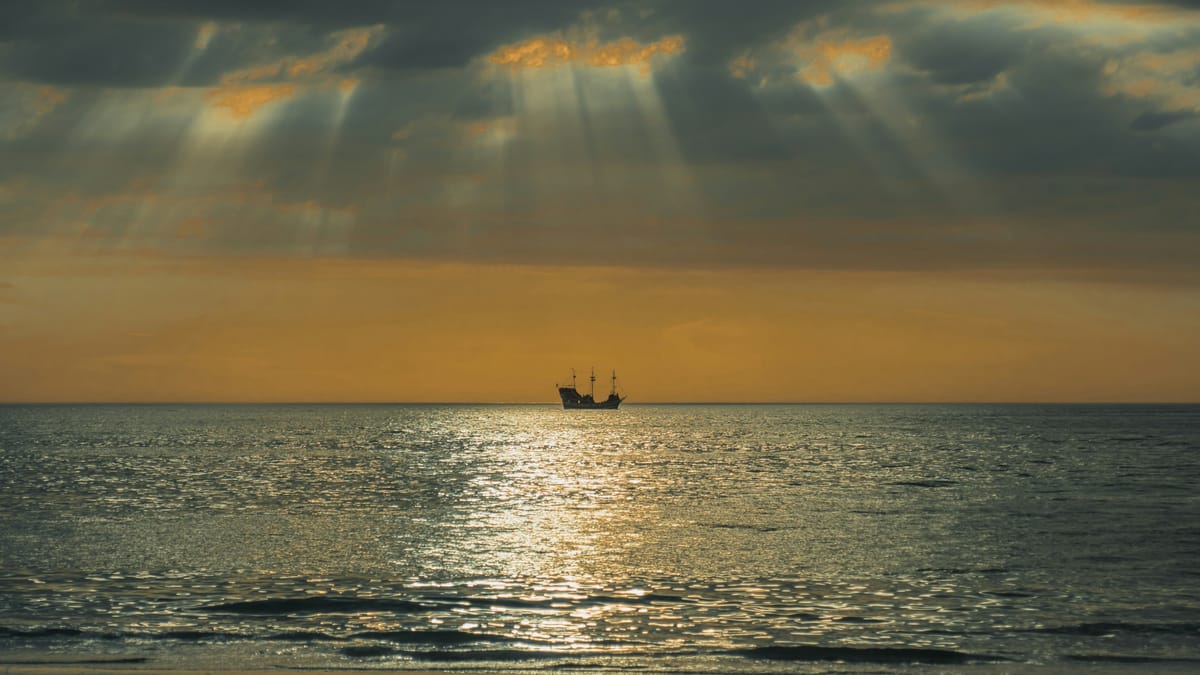Court Battle Over Blackbeard Shipwreck Images Continues in North Carolina

RALEIGH, N.C. – A long-running copyright dispute between a photographer and the State of North Carolina over images of Blackbeard’s shipwreck remains unresolved, as state lawyers seek to dismiss the case. The legal battle, which has spanned nearly a decade, involves allegations that the North Carolina Department of Natural and Cultural Resources (DNCR) unlawfully used copyrighted images without permission.
Decade-Long Legal Dispute
Frederick Allen, a photographer with Nautilus Productions, documented the excavation of the Queen Anne’s Revenge, the legendary ship of the pirate Blackbeard. Allen secured copyrights for his images and videos but later discovered that the DNCR had used them without his consent. The dispute escalated when North Carolina passed “Blackbeard’s Law,” declaring such materials public domain. Allen filed a lawsuit in 2015, challenging the law and seeking damages for copyright infringement.
The legal battle reached the U.S. Supreme Court in 2020, where justices ruled in favor of North Carolina, stating that state sovereign immunity shielded it from federal copyright claims. However, Allen amended his complaint, arguing that the state’s actions also violated the Fourteenth Amendment’s Due Process Clause.
State’s Push for Dismissal
The North Carolina Department of Justice recently filed an appeal with the 4th U.S. Circuit Court of Appeals, urging judges to dismiss the case. State lawyers argue that the Supreme Court’s ruling should have ended the dispute and that Allen’s revised complaint is based on a legal theory he could have introduced earlier. They contend that Allen’s new claim does not meet the legal standard for a constitutional due process violation.
“A copyright violation that also violates due process requires both reckless infringement and lack of an adequate remedy,” state attorneys wrote in their filing. “Allen cannot satisfy either element here.”
The DNCR maintains that Allen had legal avenues to challenge the alleged infringement within the North Carolina court system, making his federal claims unwarranted. They also assert that the district court erred in allowing Allen to amend his complaint years after the case was initially dismissed.
Impact of Blackbeard’s Law
The case has raised broader concerns about how governments handle copyrighted materials and the extent of state immunity in intellectual property disputes. The North Carolina General Assembly repealed Blackbeard’s Law in 2023, a move that added further complexity to the case.
Despite this repeal, Allen argues that the damage was already done, as the state had used his copyrighted materials for years without compensation or permission. In a statement, he emphasized the importance of protecting artists' rights, saying, “North Carolina’s claim that it can sue its citizens for copyright infringement but face no liability for its own state-led copyright theft is not only unethical but unconstitutional.”
What Comes Next
The 4th Circuit Court will now decide whether to dismiss the case or allow Allen’s claims to proceed. If the court sides with North Carolina, it could set a precedent limiting how copyright holders challenge state actions. If Allen prevails, it may open the door for new legal interpretations regarding due process claims linked to intellectual property disputes.
For now, the battle over Blackbeard’s shipwreck images continues, echoing the centuries-old conflicts over ownership and control of valuable treasures.
